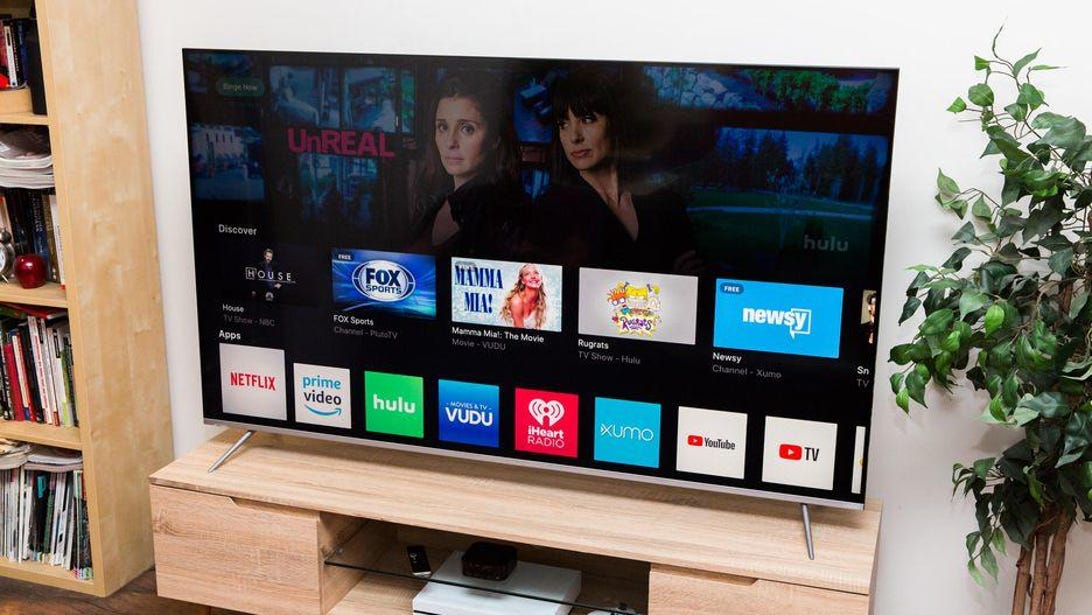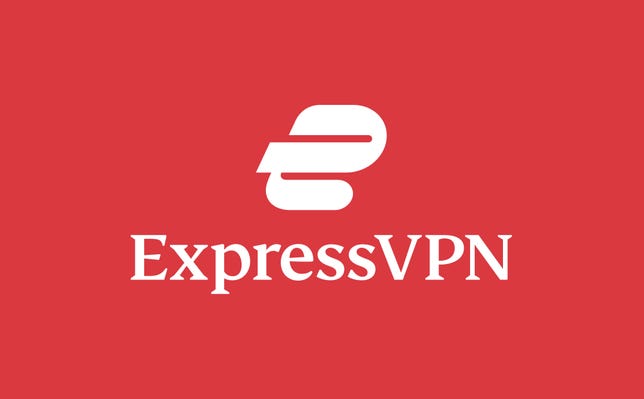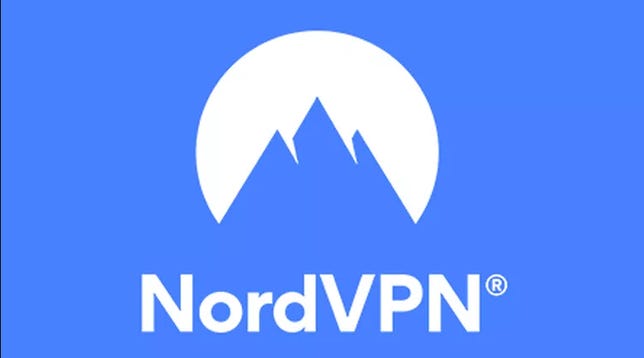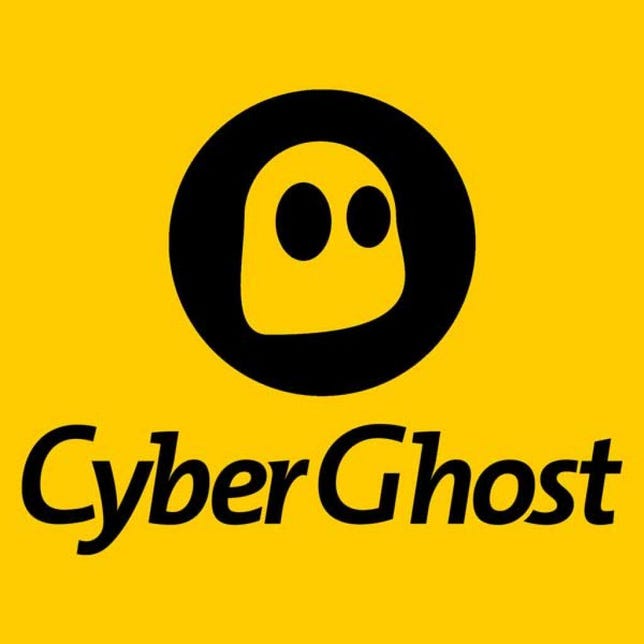
The best smart TV VPNs can help keep your viewing activity private from your ISP and online snoops.
Sarah Tew/CNETTVs have come a long way since the 1950s. The cuboid, fuzzy-pictured sets of yesteryear have evolved into the wafer-thin 90-inch 8K ultra-HD smart TVs some of us have hanging on our walls today. But keep in mind that every smart TV is also connected to the internet and transmitting all kinds of data while you’re watching your favorite movies and shows. If you want to protect your privacy while watching TV nowadays, you’ll need a virtual private network for your smart TV.
Remember, your smart TV is another device that’s connected to the internet, and internet-connected devices can be hacked without the right protections. There’s always a risk of cybercriminals or government entities compromising your smart TV and getting access to your viewing data, intercepting your passwords and so on. It’s important to take steps to minimize those risks and keep unauthorized eyes off of your viewing habits. Step number one should be to set up a VPN on your smart TV.
Read more: The best VPNs in 2022
There are also privacy considerations with smart TVs. Your ISP will be able to monitor and collect data on whatever you’re watching on your smart TV — and it’s all too eager to sell your data to target you with ads. A VPN protects your privacy by encrypting your data as your internet traffic is routed through a secure, remote server. This means that what you do online while connected to a VPN server is hidden from anyone attempting to snoop on what you’re up to — including your ISP. Your smart TV viewing habits are for your eyes only, and if you use a VPN, you can make sure no one else gains access to data related to what you watch or listen to or browse on your smart TV.
A bonus here is that a VPN can also help you access content on Netflix and other streaming sites that would otherwise be restricted in your location. However, beware of free VPNs because they typically impose restrictive bandwidth and data caps that make them essentially useless for your smart TV. They can also put your privacy at risk because they make money not from subscription fees but from selling your data to third parties.
The VPNs that work best with smart TVs will offer fast speeds, cross-platform compatibility (including on VPN routers as well as on Android and Amazon Fire devices), sufficient security, the ability to unblock streaming services and accessible, helpful customer support. With a focus on these qualities, we’ve rounded up the five best VPNs for your smart TV.
ExpressVPN


When it comes to speed, security and unblocking capabilities, ExpressVPN is tough to beat. Though we saw its overall speed performance drop in our most recent round of tests, you shouldn’t have any issues achieving enough speeds for a smooth streaming experience whether you’re streaming in 720p or 4K UHD.
And ExpressVPN has servers in 94 countries around the world — so basically any geographic region you’d want access to is available in its extensive global network of VPN servers.
In terms of security, ExpressVPN uses AES-256 bit encryption to secure your connection — the same level of encryption used by banks and the military. If it’s good enough to secure financial accounts and top-secret military communications, it’s good enough to hide from your ISP what you watched on Netflix last week.
But what truly sets Express apart from the rest is its router support and easy setup. Setting a VPN up on a router isn’t necessarily the easiest thing in the world, but ExpressVPN makes it seem that way. ExpressVPN’s custom router firmware is easy to set up and its interface is smooth sailing, even if you’re not a tech expert. You can even purchase a pre-configured VPN router from Express if you don’t want to set it up yourself. Either way, once you’ve got your router set up, just connect your smart TV to it and you’re all set.
With ExpressVPN’s custom router app, you can also enable its split-tunneling feature to run certain devices (like your smart TV) through the VPN and others through your regular network connection. The Network Lock killswitch feature is also available on the router app, which will protect your privacy by killing your internet connection should the VPN disconnect for any reason.
If you have a Fire TV or a Google TV, you can bypass the router setup altogether and install the ExpressVPN app right onto your smart TV.
ExpressVPN’s included Media Streamer smart DNS feature is also simple to set up on any smart TV. Just keep in mind that while smart DNS can help you unblock geo-restricted content, your connection won’t be encrypted, so you won’t have the same privacy protections as you would via your VPN connection. But if you’re a casual user and streaming is your only objective here, then Media Streamer could be a good option for you.
If you ever run into any trouble, you can count on ExpressVPN’s 24/7 live chat support to have your back. The customer support staff is accessible, friendly and pretty knowledgeable. But if you’d rather find the answer to your question yourself, ExpressVPN’s support knowledge base is vast and filled with helpful tutorials and videos for basically any type of setup you have.
All this comes at a price, however. ExpressVPN may be the best VPN for smart TVs, but it is also one of the most expensive at $8.32 per month for its yearly plan — though you may be able to find it discounted to $6.67 per month with 3 months free for the first year of service. If you’re looking for a VPN that’s a little easier on your wallet, you may want to check out our other picks below. Read our ExpressVPN review.
Surfshark


If you’re looking for pure speed and great features at a competitive price, check out Surfshark. The speeds you’ll get from Surfshark are some of the best in the industry, which means your streaming experience will be silky smooth, with a crisp picture uninterrupted by buffering.
While you won’t have as many countries to connect to as you would with ExpressVPN and others, Surfshark’s 65 available countries should be plenty of options for most people.
Surfshark doesn’t offer any custom router firmware, but its 24/7 live chat support and extensive collection of tutorials should help you get set up if you want to connect your smart TV through a VPN router. You can also use Surfshark’s Google TV or Fire TV app if you have a compatible TV. Surfshark allows customers to connect an unlimited number of devices at the same time with just one account, which is great if you have a large family or own a lot of devices.
If you’d prefer to go with a smart DNS solution on your smart TV Surfshark offers a smart DNS feature included with your VPN purchase. The great thing about Surfshark’s smart DNS feature is that you can use it on basically any smart TV. But, again, you won’t have the same privacy protections as you would when connecting through your VPN, so only use it if you’re OK with your ISP still having a view of your smart TV usage habits.
Surfshark employs AES 256-bit encryption via the IKEv2/IPsec VPN protocol, by default. If you prefer, you can opt for OpenVPN instead if you’d rather connect via a more battle-tested VPN protocol.
You can get Surfshark for as little as $2.30 per month if you spring for the 24-month plan — which also gets you 2 months for free. Read our Surfshark review.
NordVPN


NordVPN is one of the biggest and most recognized names in the industry. And for good reason — because NordVPN is an excellent VPN overall, offering basically anything and everything you’d want in a quality VPN service. It’s fast, secure, easy to use on all platforms and has an excellent global network of servers — many of which are optimized for things like streaming and security.
NordVPN’s speed and security are both top-notch and can give you a solid streaming experience while keeping your activity private at the same time. With NordVPN, you’ll be safe and secure behind its AES 256-bit encryption along with your choice of IKEv2/IPsec, OpenVPN or NordLynx VPN protocols. NordLynx is built on the WireGuard protocol, but uses a double network address translation (NAT) system that gives each user the same IP address and each individual VPN tunnel a unique IP address to help protect your privacy while affording you the fast speeds you can get via the WireGuard protocol. Essentially, this double NAT system ensures that none of your personal data is stored on the VPN server, keeping your online activity fully private.
NordVPN’s Help section is filled with useful guides on how to get the service working on your smart TV. You’ll find step-by-step instructions on how to get the VPN set up on a host of different routers as well as how to set it up on your Fire TV and Google TV.
Overall, it’s a great VPN and a solid choice for smart TVs. As far as price, you’ll find NordVPN in the middle of the pack here — its 2-year subscription plan comes out to $4.13 per month. If you’re not sure if Nord is the right choice for you, you can always give it a test run thanks to its 30-day money-back guarantee. Read our NordVPN review.
Hotspot Shield VPN


For critical VPN use, we wouldn’t recommend Hotspot Shield due to its US jurisdiction in addition to its use of its proprietary, closed source Hydra VPN protocol. But if security and privacy aren’t your primary concern, then Hotspot Shield makes for an excellent smart TV VPN. Though we may not be completely sold on its privacy protections, we are on its speed — Hotspot Shield is fast.
It’s also excellent for streaming content on your smart TV. With servers located in more than 80 countries around the world, you’ll have access to a wide selection of geographic regions with Hotspot Shield.
However, Hotspot Shield’s Support section and overall customer service experience leaves quite a bit to be desired. The Support section is a bit convoluted and Search doesn’t always output exactly what you’re looking for, so it might take some work to find what you’re after. And the live chat feature is only available to premium customers. Once you find what you’re looking for, the guides and tutorials are sufficient to get you set up, but the path there isn’t as clean as with other VPNs. Like the others in this list, Hotspot Shield offers apps for Fire TV and Google TV, as well as tutorials on how to set the VPN up on your router.
If you’re willing to pony up $7.99 a month for its yearly subscription plan, then you’ll get a super-fast smart TV VPN that’s excellent at unblocking content in Hotspot Shield. But if you’re concerned at all about its US jurisdiction, you’d be better off going with ExpressVPN or the other two up above. Read our Hotspot Shield review.
CyberGhost VPN


CyberGhost VPN may not offer all the bells and whistles as the other VPNs on this list, but it may not have to because it’s just so ridiculously easy to use. It also has servers specifically optimized for streaming on various services, which make it a great choice for your smart TV.
It’s not the fastest VPN on the block, but you shouldn’t run into any trouble streaming content buffer-free. And CyberGhost has servers located in 91 countries around the world, making it one of the best in terms of global network coverage.
If you decide to hook CyberGhost VPN up to your smart TV via a router, CyberGhost does provide detailed instructions in its Help center on how to do so — even though it doesn’t offer custom router firmware like ExpressVPN does. If you have a Fire TV or Google TV, you’ll be able to download the CyberGhost VPN app directly to your TV. CyberGhost VPN also offers a smart DNS solution that will give you access to its DNS servers in the US, UK, Germany and Japan.
Cyberghost VPN can also be quite budget-friendly. If you opt for the 3-year plan, you can get CyberGhost for just $2.15 per month. But if you prefer the flexibility of a one-year subscription plan, it’s still one of the cheaper options at $3.95 per month. It’s one of the cheapest smart TV VPNs, and a very capable one if you’re fine with a VPN that’s not chock-full of advanced options. Read our CyberGhost VPN review.



